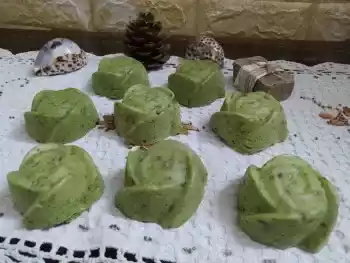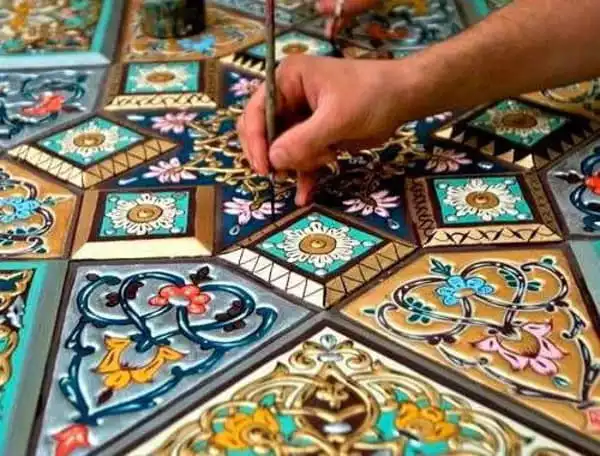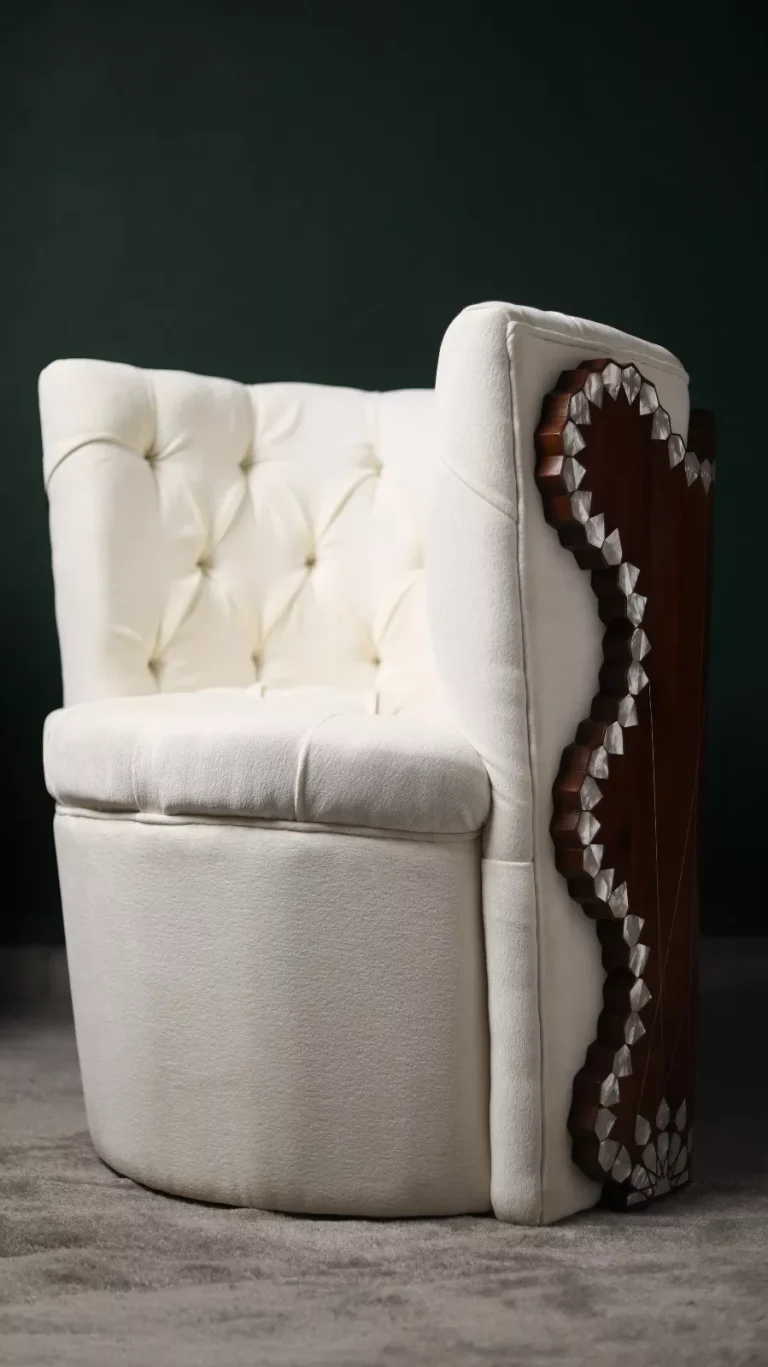Syrian handicrafts inherit traditional crafts
Syrian handicrafts inherit traditional crafts.The Syrians continued their work under deteriorating conditions, in search of new ideas commensurate with the reality that was imposed on them.
On the fringes of the economic crisis in Syria, individual micro-enterprises emerged from young university graduates or recent graduates, or small and medium-sized enterprises from entrepreneurs who, through the skills they mastered, tried to turn their simple hobbies into an actual productive business. .
Some of the pioneers were able to get a good working and marketing space, after the major factories that supplied the market had ceased to operate, and the market for major handicrafts such as pottery, handicrafts, copperware and other handicrafts that previously provided active tourism as the main trading market, declined.
This opened the way for the spread of home handicrafts and the spread of old ideas with a new vision, such as the manufacture of natural soaps, creams, candles, accessories, sweets and others. The owners turned their homes into small factories, and some of them after a while moved to small specialized workshops.

medicated soap .
Recently, many women have turned to search for natural products and materials, especially in light of the economic blockade, the difficulty of obtaining global cosmetics, and the lack of confidence in their source. Many individual projects arose as a result of this need, the founders of which provided natural products of good quality and good results. Elham, the owner of a private project for the production of therapeutic soap, talks about her project, saying that she produces soap, therapeutic creams and natural oils, benefiting from her experience and the experience of her family in the world of herbs and secrets. And the benefits of natural materials, noting that they test the effectiveness of their mixtures over a period of one to two months, and after verifying them and confirming the validity of their results. The process of launching and promoting it as an alternative to imported creams begins. It confirms that its products are made of one hundred percent natural materials and have no side effects.
Elham produces several types of natural soap, which include herbs and natural oils, such as aloe vera soap, to which in addition to medical aloe vera are added collagen and rose water, as well as lavender soap, coffee soap with honey and rosemary soap. It is also used in the manufacture of natural treatment creams for the skin, moisturizing materials and oils such as laurel, mint and coconut oils, and vitamins such as vitamin E and others. She says each type has a proven benefit, such as removing spots, pigmentation, dark circles, moisturizing, and nourishing.
As for Zina, the owner of a similar project, she says that in addition to paying attention to the quality and efficacy of her products, she was trying from the beginning to create unfamiliar shapes and moulds, and with time she developed the method from packaging until her products began to be associated with social occasions such as teachers’ and mothers’ holidays, birthdays and weddings.
aromatic candles
The idea started from the symbolism of candles and the positive energy accompanying them, and the feelings of peace, love and tranquility they bring to a country in dire need of these concepts that it missed during the war, so small individual projects were created in order to make candles from home.
Claire, who works in this industry, says that the main goal is financial independence and securing her daily and academic needs, which have become a burden in a time of inflation and high prices, in addition to the fact that the project provided her space to realize herself and reflect her ideas and technical skills.
This type of industry requires precision and creativity in transforming liquid matter into models, choosing and employing color and shape, mastering the insertion of decorative elements such as colored ribbons, flowers, drawings and natural elements, and bringing them out with attractive formations and unusual molds, even some formations require skill in sculpting and artistic direction.
This prompted Janet (a fine arts graduate) to get involved in this project, which helped her to employ her studies and skills in choosing shades of colors, taking into account their psychological impact, and choosing the right scents for each formation.
She says her first goal was to improve her family’s income, but the project unexpectedly developed and turned into a profession, which later required her to set up a small specialized workshop.

gold francs.
Some projects have been thoughtfully marketed and developed greatly and become famous outside Syria, such as the Frankat project, which was launched in 2015, from an idea in which its owner, Hanan Mashal, used the Syrian franc currency in the manufacture of accessories, where the need arose. He started designing souvenirs to accompany Syrians traveling outside Syria. To remind them of their country’s heritage and history, and the stories and memories of parents and grandparents associated with this currency, especially that the traveler will stop using his country’s currency abroad. .



